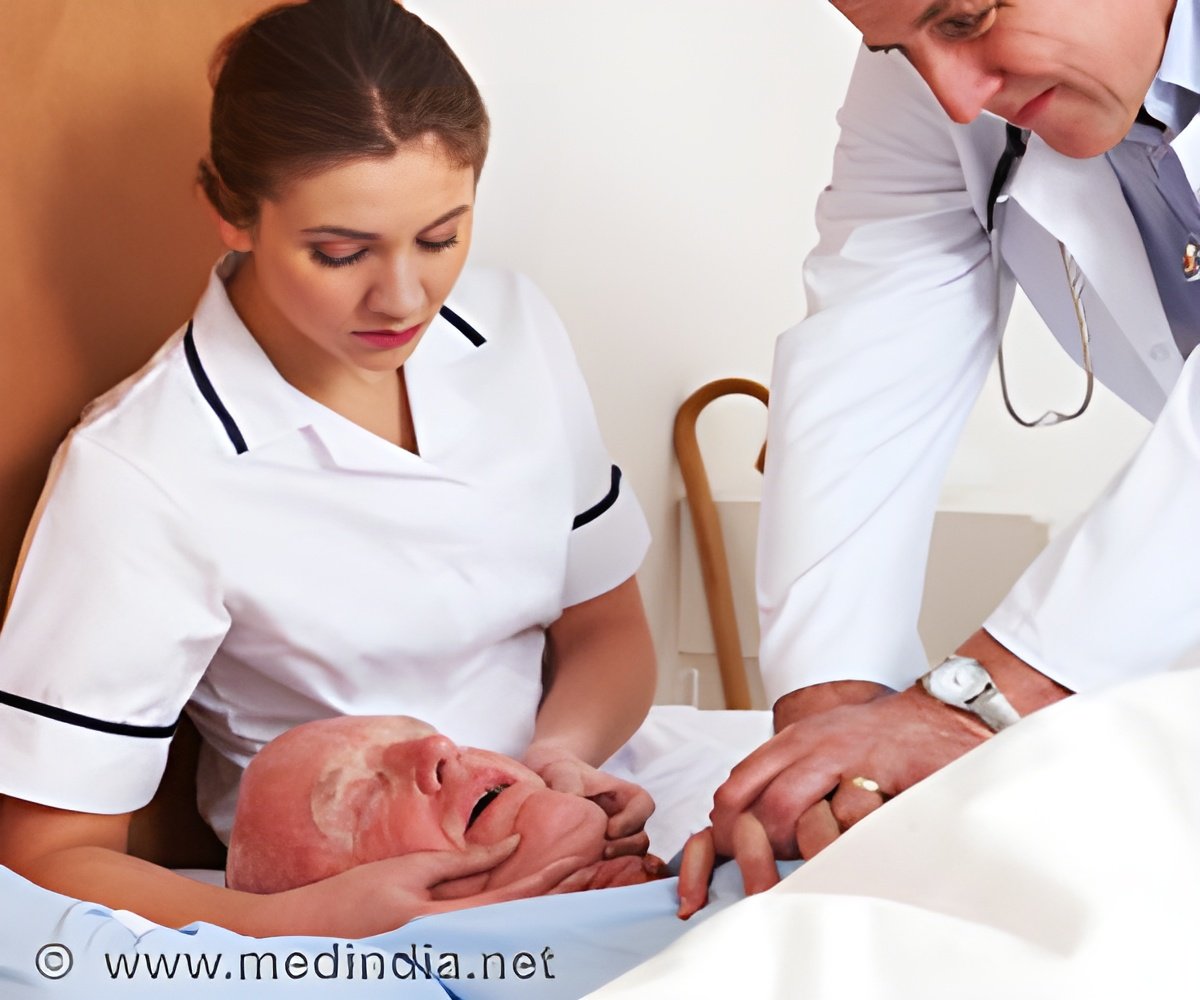Administering heart resuscitation drugs to patients whose cardiac arrest is witnessed at the time of the attack can improve survival.

‘Administering heart resuscitation drugs to patients whose cardiac arrest is witnessed at the time of the attack can improve survival, but are only effective when administered intravenously, rather than the more commonly used intraosseous technique.
’





"What the drugs do is stabilize the rhythm so that the shock actually becomes more effective in converting the heart to a normal rhythm with a pulse. Even though these drugs have been used for more than 30 years, we didn't have this important information on whether the drugs were valuable and in what circumstances," said Dr. Ahamed Idris, Professor of Emergency Medicine and Internal Medicine at UT Southwestern, and Chief of Research in Emergency Medicine. The study, which appears in the New England Journal of Medicine, examined records from more than 4,600 patients with out-of-hospital cardiac arrest involving paramedics from 55 emergency medical services (EMS) agencies at 10 North American sites participating in the North American Resuscitation Outcomes Consortium (ROC), to which UT Southwestern and the Dallas-Fort Worth ROC Network is the largest contributor.
"We tested these drugs against each other and against placebo and we learned some very important information," said Dr. Idris, Director of the Dallas-Fort Worth Center for Resuscitation Research, sponsored by the National Institutes of Health (NIH).
The researchers learned:
- When given earlier, the drugs are more effective in supporting survival than when they are not given.
- The drugs aren't effective when given through an intraosseous line (directly into the bone marrow) in witnessed cases.
- The drugs do work for witnessed cases when given by IV.
- Amiodarone had slightly better outcome than lidocaine in certain cases, but the two were fairly comparable.
- Neither drug resulted in a significantly higher rate of survival or better neurologic function in cases not witnessed (where the heart had been stopped for a longer time).
Advertisement
In an accompanying editorial, Dr. Jose Joglar, Professor of Internal Medicine at UT Southwestern noted that more than 365,000 people die annually in the United States from out-of-hospital cardiac arrest. "The data do not support the use of amiodarone or lidocaine for all patients, but, although they are not absolutely conclusive, the data suggest that EMS personnel should consider these agents when the arrest is witnessed," he wrote in the editorial. "The rate of survival to hospital discharge was significantly higher with amiodarone (27.7%) or lidocaine (27.8%) than with placebo (22.7%)."
Advertisement
Previous research efforts by the Resuscitation Outcomes Consortium found that paramedics who deliver defibrillator shocks within three minutes of arriving at the scene of a cardiac arrest can boost survival, and that the depth of chest compressions and the rate at which they were applied make a significant impact on survival and recovery of patients.
Source-Newswise















